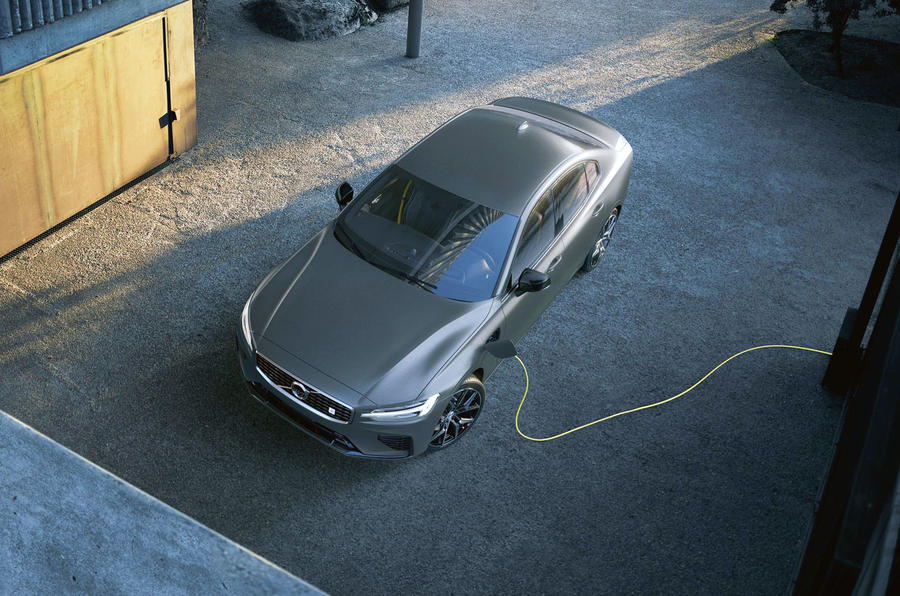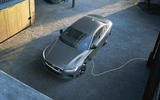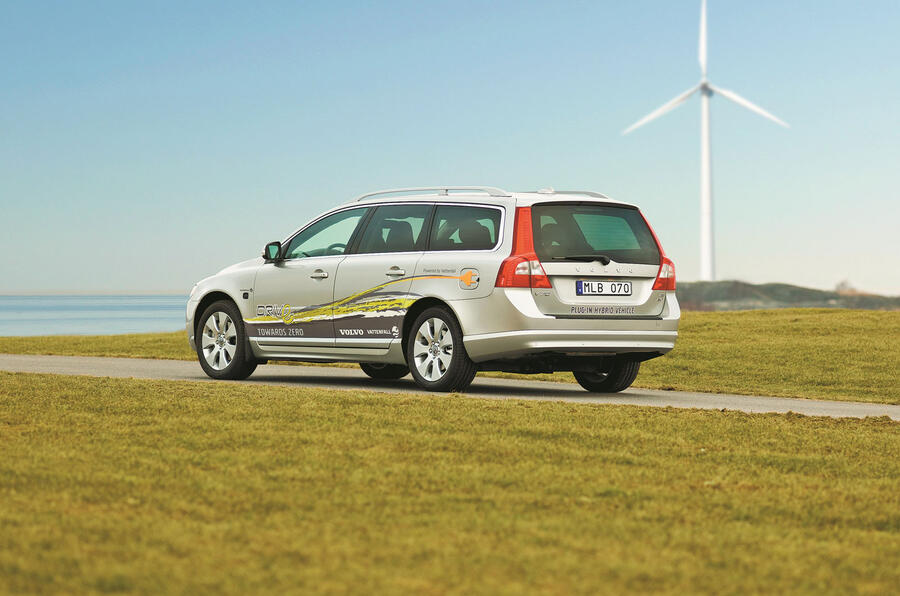The legislative push towards battery-powered electric vehicles has taken hold across most of the world. Indeed, the demands of the European Union’s new car fleet CO2 emissions requirements for 2025 and 2030 leave manufacturers no option but to build significant numbers of EVs in the future.
There are also tough EV targets in place in China, forcing car firms to react. Volkswagen, scarred by the Dieselgate scandal, is going even further by taking a huge bet on mass-manufacturing EVs from next year.
There’s no doubt that travelling in EVs has a smaller CO2 footprint than even the best internal combustion engine cars because the efficiency of a battery-electric drivetrain is around three times that of a normal petrol car and more than twice that of the latest Toyota Prius hybrid.

But, ultimately, much depends on the nature of the electricity generation that is feeding the battery pack in question. Plugging in an electric car makes most environmental sense in Norway, Sweden and France, thanks to hydropower and nuclear power respectively.
Another crucial aspect of the lifetime CO2 footprint of EVs is the energy used to manufacture the battery packs. More than one study has claimed that battery pack production consumes so much energy that it takes significant mileage before the EV has ‘worked off’ the CO2 released during its manufacturing.
The latest study on the ‘CO2 lag’ of electric cars comes from the University of Liège in Belgium. Calculations by Professor Damien Ernst, originally commissioned by a TV show and reported by local newspaper HLN, are by far the most negative take on EVs yet.
Using the average CO2 output of the European electricity network, Ernst concluded that an electric car using a 60kWh battery made in Europe would have to travel some 700,000 kilometres (435,000 miles) before it is “greener than an average petrol car”. However, Ernst also says that a fully renewable European grid would reduce the EV’s CO2 lag to just 30,000km (18,640 miles).


















Join the debate
Add your comment
Excellent
It is good from the performance point of view!
Vehicle buyers